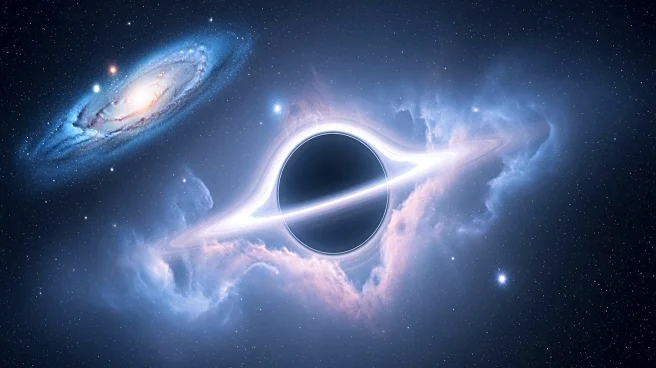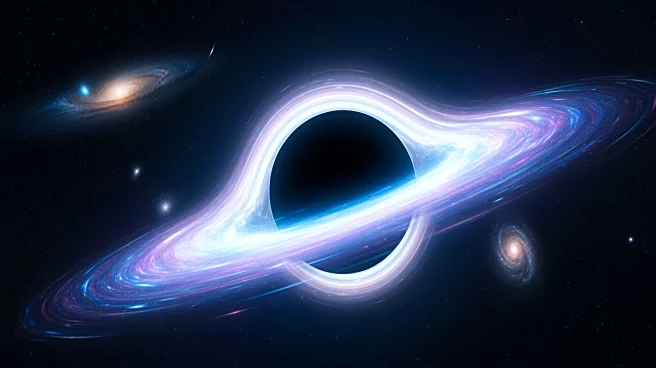What's Happening?
Rob Reiner, a renowned actor and director, reflects on his extensive career in the film industry, which began with the 1984 cult classic 'This is Spinal Tap.' The film, known for its improvisational style and satirical take on rock bands, marked Reiner's directorial debut. Despite initial skepticism from studios due to its unconventional approach, the film became a sleeper hit and is credited with popularizing the mockumentary genre. Reiner's career has since flourished, with notable films such as 'The Princess Bride' and 'When Harry Met Sally.' Now, Reiner is revisiting his roots with 'Spinal Tap II: The End Continues,' a sequel that reunites the original cast and introduces new cameos from music legends like Elton John and Paul McCartney.
Why It's Important?
Reiner's work has had a significant impact on the film industry, particularly in the comedy and mockumentary genres. 'This is Spinal Tap' set a precedent for films that blend humor with documentary-style storytelling, influencing a generation of filmmakers. The sequel, 'Spinal Tap II,' is highly anticipated by fans and industry insiders alike, as it promises to bring back the beloved characters and humor that made the original a classic. The film's success could further cement Reiner's legacy and demonstrate the enduring appeal of the mockumentary format.
What's Next?
As 'Spinal Tap II' moves forward, audiences and critics will be keen to see how Reiner and his team balance nostalgia with innovation. The film's release will likely spark discussions about the evolution of comedy in cinema and the role of sequels in reviving classic films. Additionally, the involvement of high-profile musicians may attract a broader audience, potentially leading to a successful box office run and renewed interest in the original film.
Beyond the Headlines
The making of 'Spinal Tap II' highlights the challenges and opportunities of revisiting iconic films. Reiner's decision to pursue a sequel after regaining the rights underscores the importance of creative control in the film industry. The project also reflects broader trends in Hollywood, where nostalgia and franchise potential often drive production decisions. As the film nears completion, it will be interesting to observe how it navigates the expectations of both longtime fans and new viewers.










